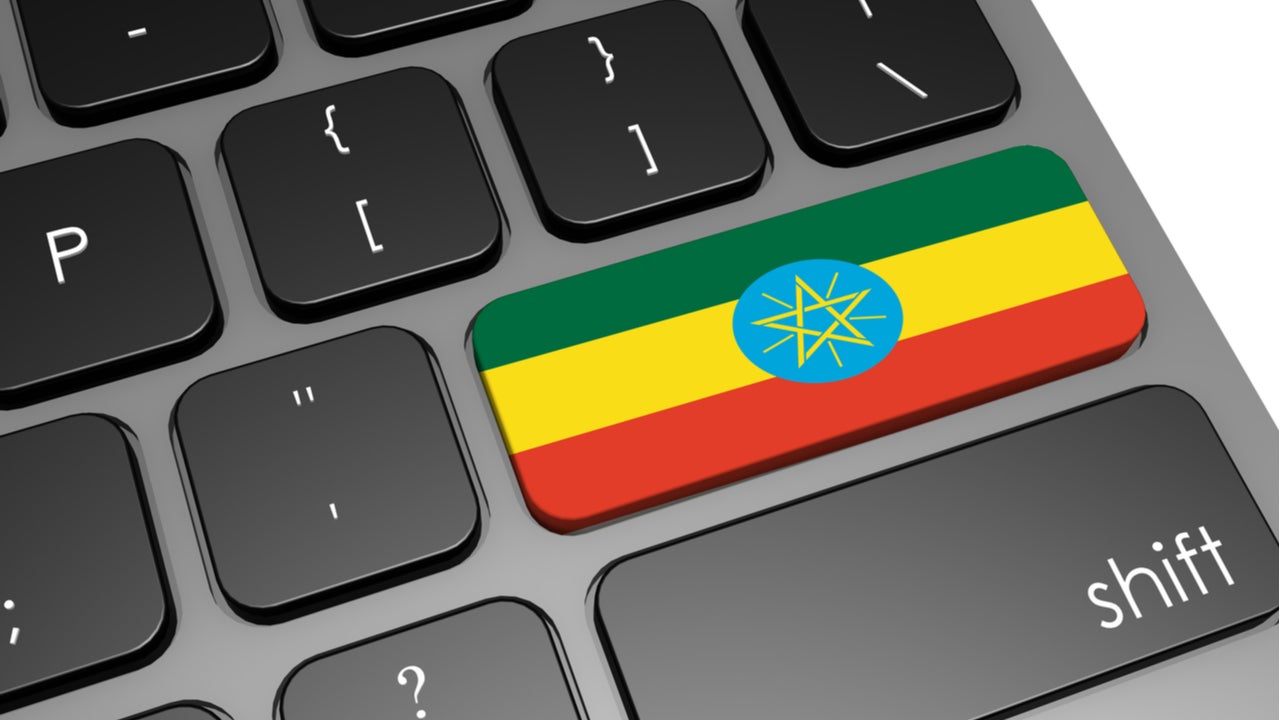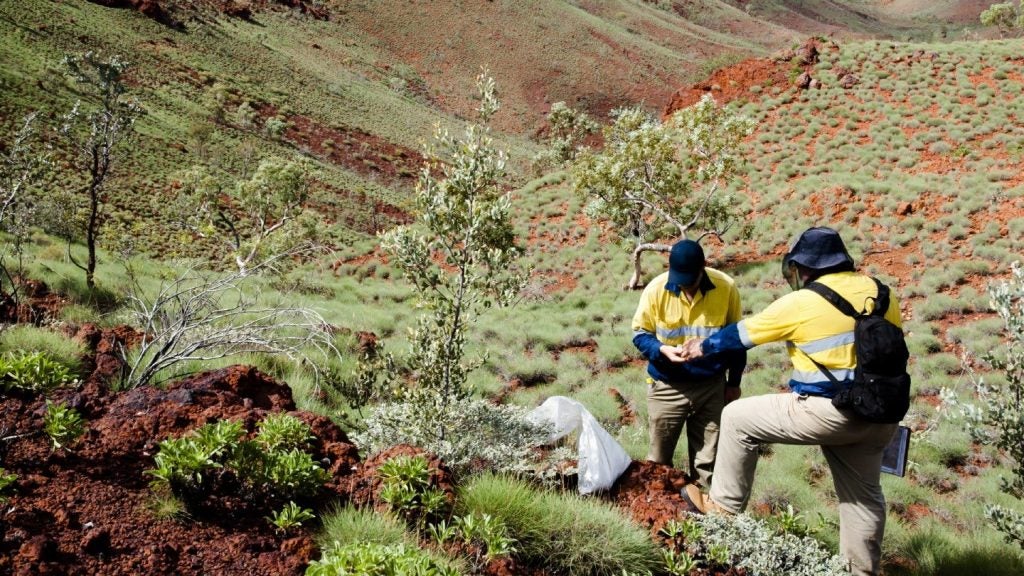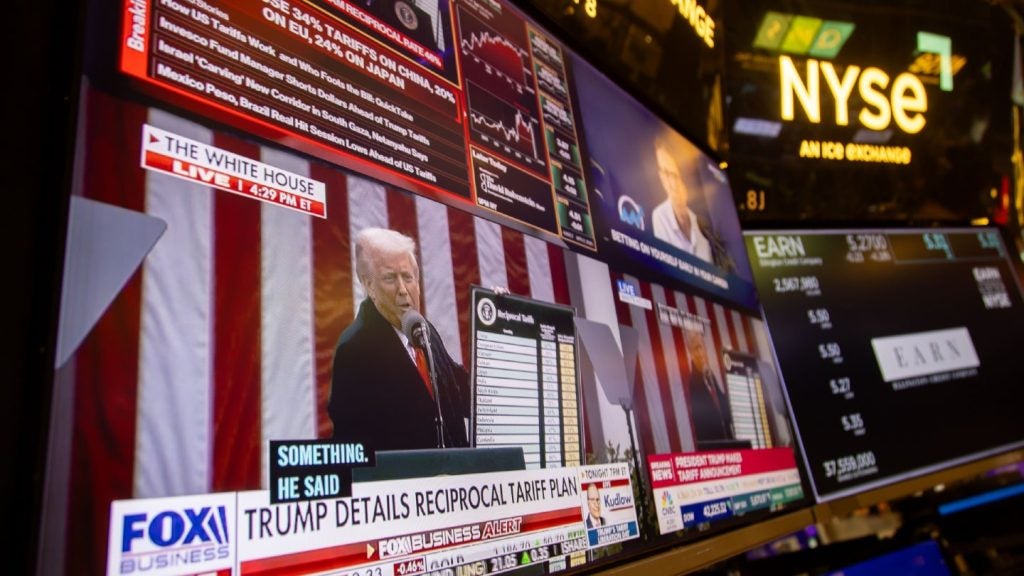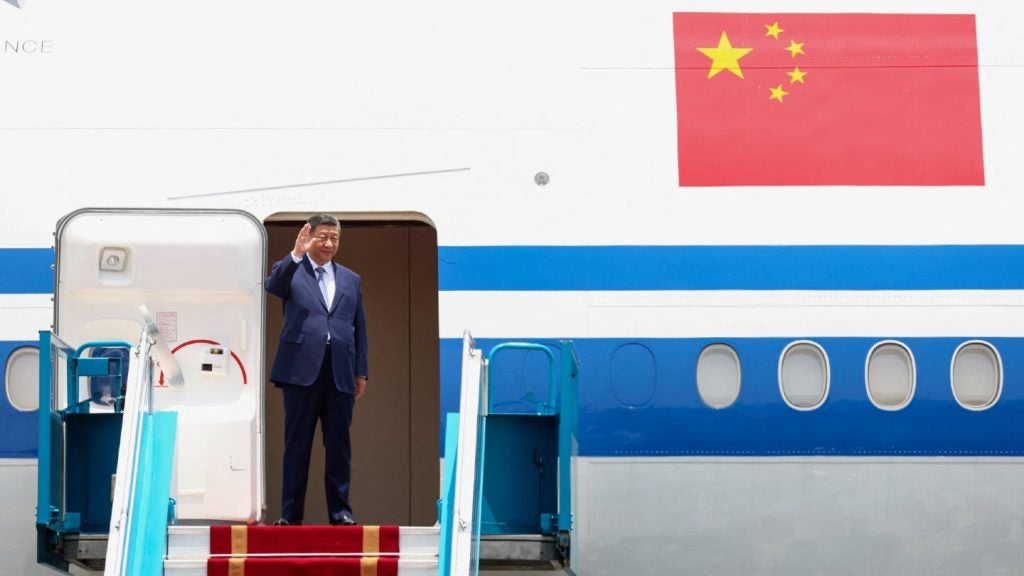The Ethiopian Ministry of Education has announced a deal with blockchain identity solution Atala Prism. Atala Prism is based on the Cardano blockchain. Both Atala Prism and Cardano are developed by Input Output (IOHK).
Partnerships between blockchain companies and African institutions are mutually beneficial: robust, tamper-proof records offer empowering identity technology to countries without it and legitimacy to those troubled by corruption; adoption of a tech product at the infrastructure level by one of the most fertile emerging economic zones in the world brings developers significant and reliable revenues
Identification technology is key to economic empowerment
It’s easy to take identification technology for granted. Save bank letters about thwarted identity fraud attempts, citizens of the developed world are rarely given cause to think about what life would be like without reliable identification, but the technology is vital to modern life. Without it, bank accounts, passports, voting ballots, money lending, job applications, healthcare numbers and much more become difficult.
Atala Prism’s blockchain identity solution is a ‘decentralized digital identity’ (DID). Under the deal, Atala Prism will be used to provide DIDs for 5m students across 3,500 schools which will be used to store educational records. Having educational records on blockchain lets students provide evidence of their credentials and allows employers verify them. This will make the job market fairer. Additionally, the government will use the performance data to identify the areas most in need of additional attention. There are plans to later extend the project beyond the education system into wider society.
Atala Prism vision for a digitized Africa
Input Output built the Cardano blockchain (and Atala Prism) with an explicit emphasis on Africa. Its founder Charles Hoskinson expounds a “vision for economic identity and empowerment, to sustainability and financial inclusion across the African continent.” Beyond the education identification project, Hoskinson has expressed interest in Cardano facilitating agricultural supply chain tracking, DIDs for transport and healthcare, and telecoms technologies.
Hoskinson also hopes Cardano-based technologies will empower Africa. Sending, receiving, and borrowing money is crucial to many societal functions: employment, services, insurance, mortgages, and loans, among others. This is difficult in many parts of Africa.
Hoskinson says: “remittance transactions on average carry an 8-15% fee. When a person wants to borrow money, if it’s even possible, these microfinance transactions can have interest rates as high as 85%. The reason this exists is not because of avarice… it’s because of systems… The problem is that the legacy systems we have are fundamentally incompatible with total globalization.”
Decentralized technology, he believes, are the key to successful globalization and equality.
Cryptocurrency is leading the blockchain revolution in Africa
Cryptocurrency, far and away the most famous blockchain technology, has already seen high adoption in Africa. High inflation and corruption make decentralized currencies more attractive than FIAT counterparts. The price of Cardano’s native cryptocurrency ADA rose by almost 50% in the weeks following the Ethiopia announcement.
A digitally emerging Africa will create a huge and technologically valent new global market. Ethiopia’s own population is 110m, and Africa’s 1.2bn.
Companies who facilitate that growth and embed their technology as vital infrastructure within it stand to make huge gains. Blockchain developers should strongly consider directing their efforts towards African digitalization. Furthering global equality and bringing in large revenues is a win-win.








